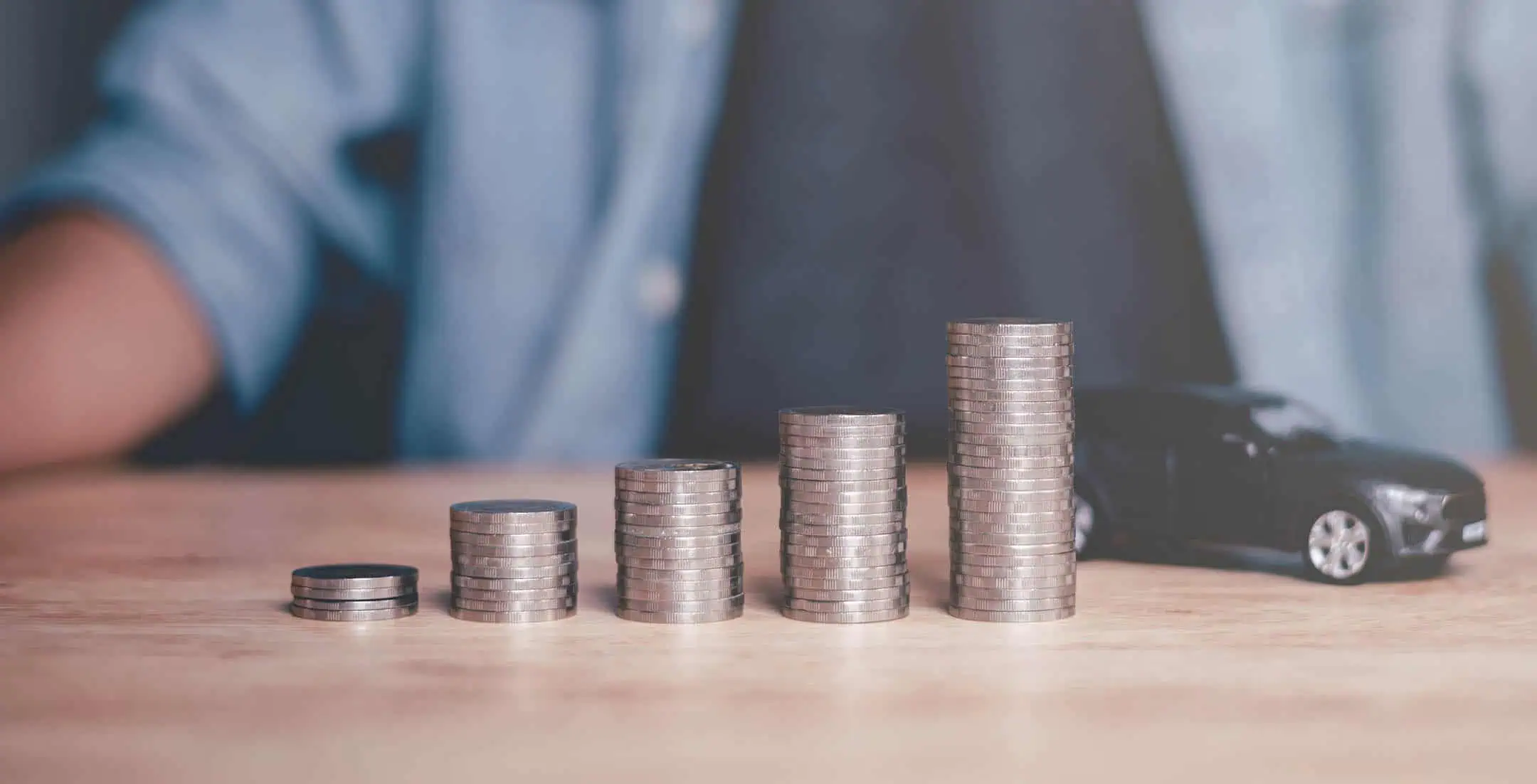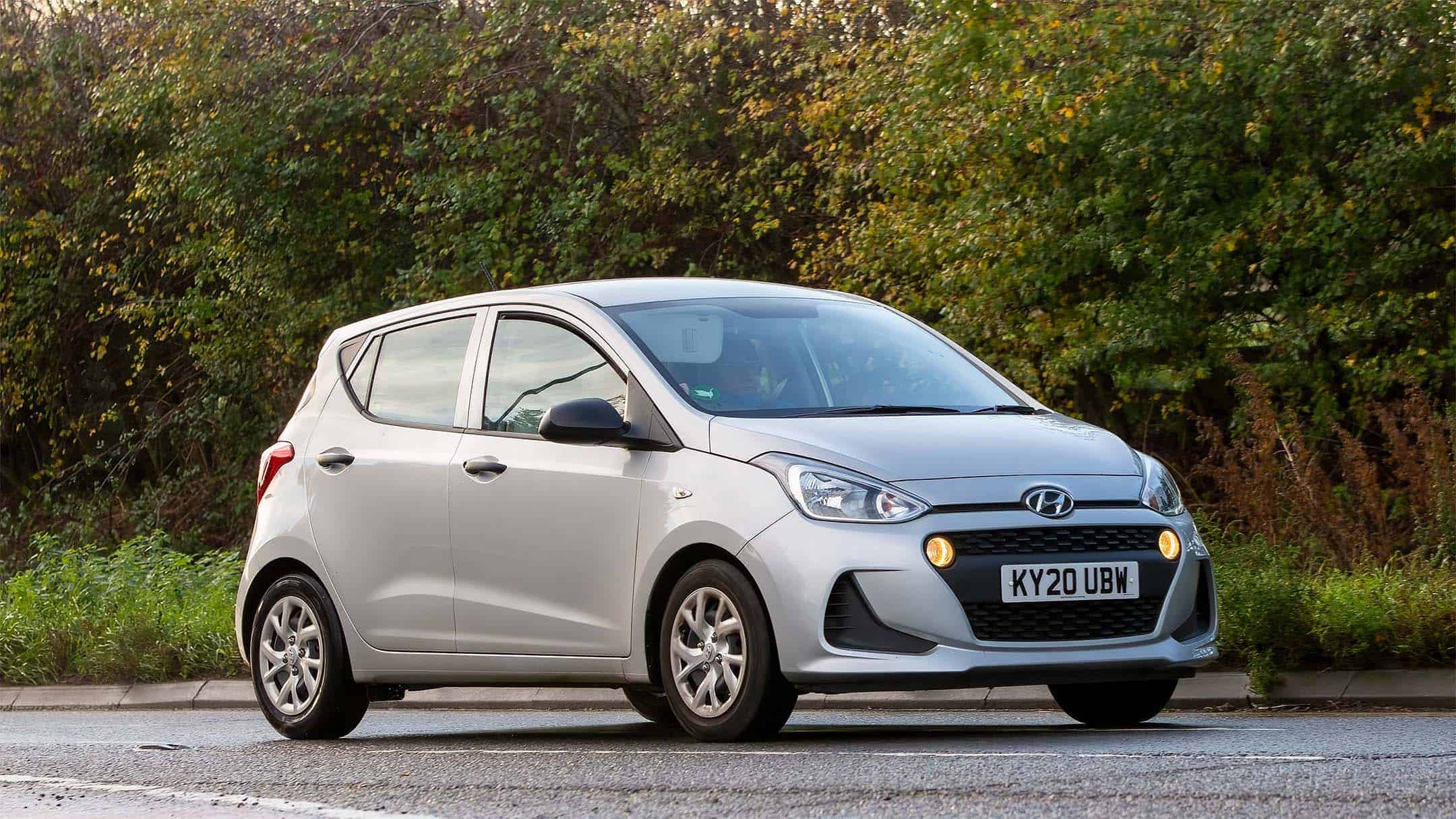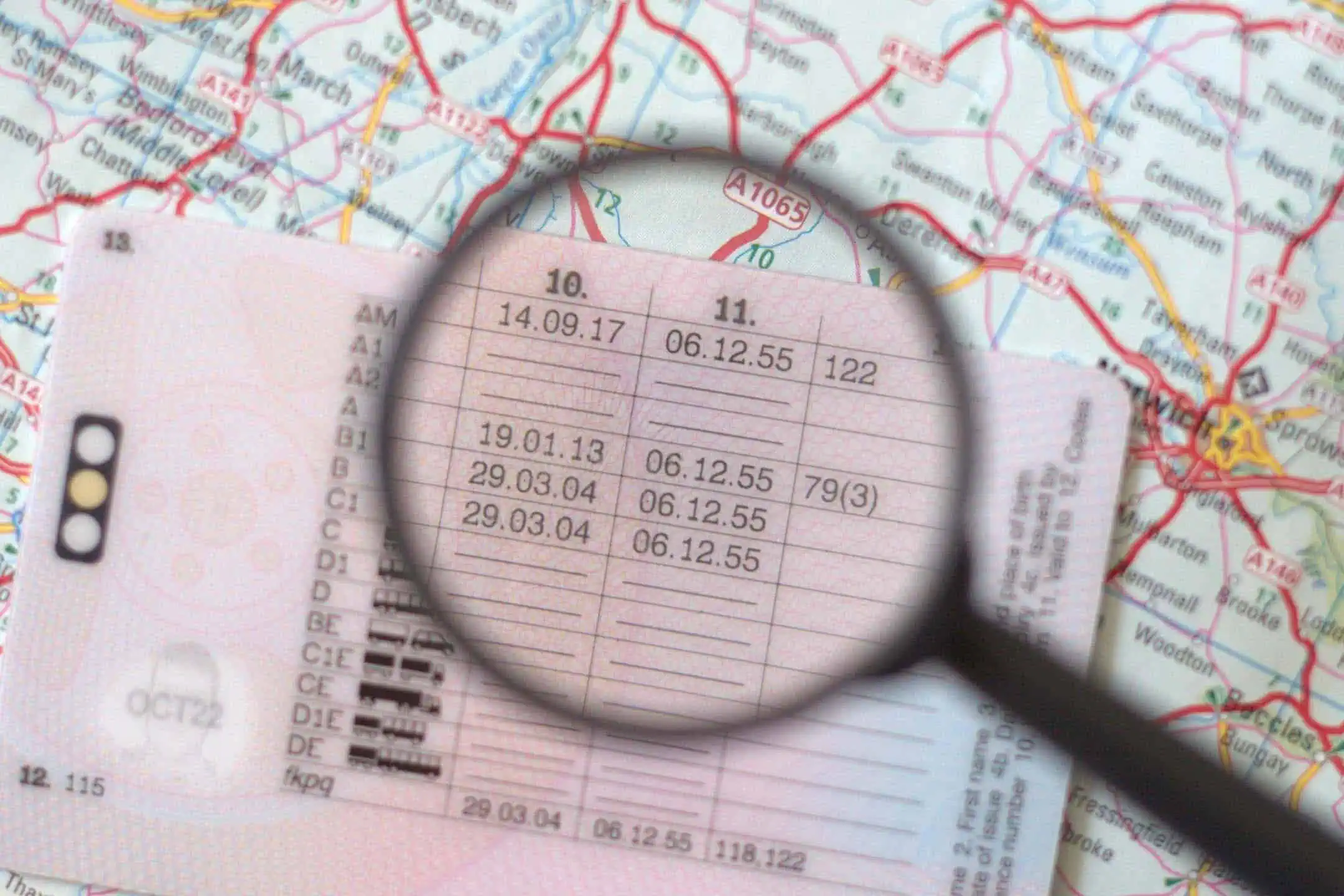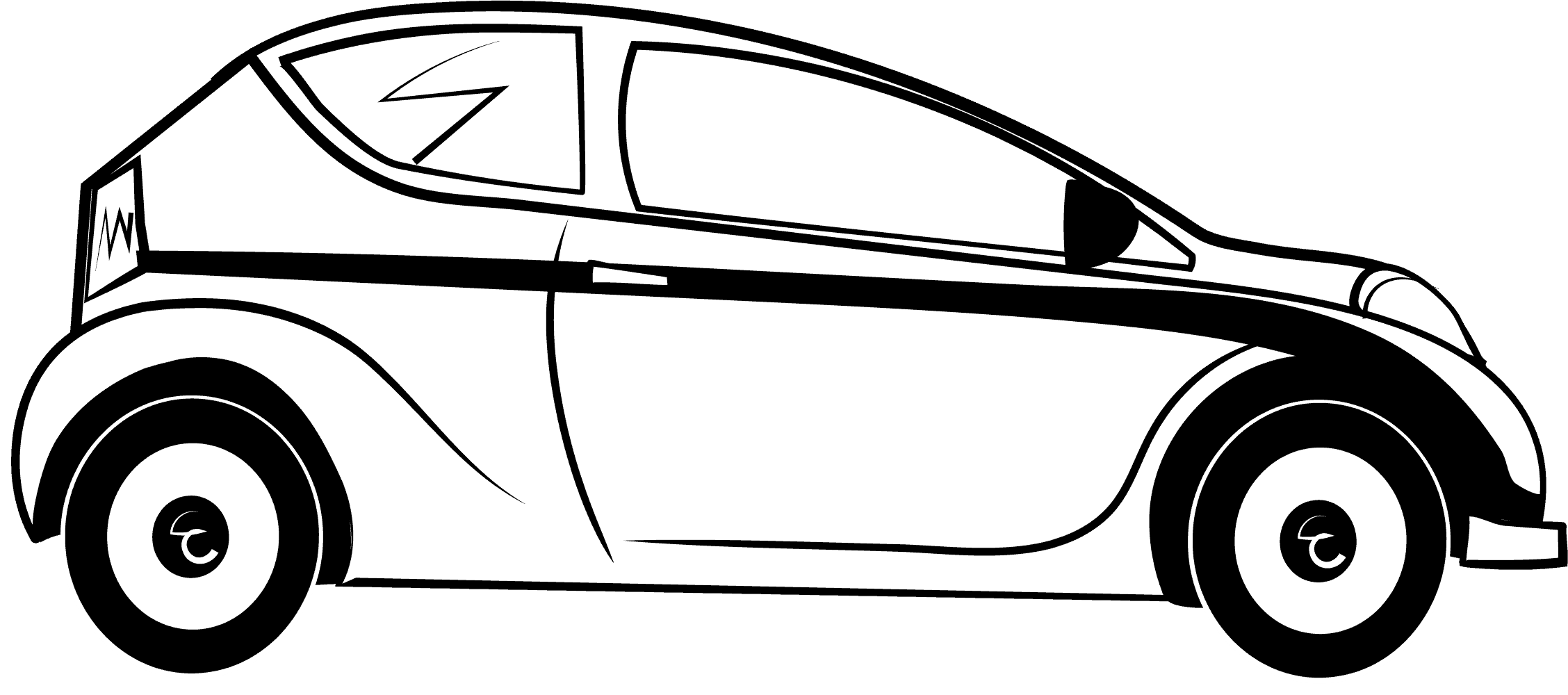How Car Finance Works

Reviewed & fact checked
By: Geoff Tooze - CEO
What is car finance?
Car finance is the catch-all term used to describe a type of loan agreement that allows you to split the cost of buying a new or used car over a set period of time.
You’ll typically take out a secured or unsecured loan with a lender and make fixed monthly payments, plus interest, in return. Terms and conditions may also apply, such as agreeing on a set annual mileage or keeping the car in good condition.
If you can’t afford to buy a car outright or would like to have more flexibility when buying a car, car finance could be a good option for you.


How does car finance work?
Most car finance agreements are split into three stages:
- The deposit
While no deposit options are available, a large deposit can reduce the amount you need to borrow and may improve your loan eligibility. - The loan term
Depending on the type of agreement you have, your loan term could last from one to six years. Throughout this time, you’ll typically need to make a fixed payment each month. - The end of the agreement
With an HP car finance deal, you’ll become the car’s legal owner at the end of the agreement. If you choose a PCP deal, you’ll have more options to explore.
What are the different types of car finance available?
There are several different ways to pay for a car, but these are three of the most popular car financing options:
Hire Purchase (HP)
Hire Purchase or HP car finance is one of the most common ways to buy a car. This type of loan is secured against the vehicle and will split the purchase price into fixed monthly repayments for a period of one to six years. You may need to put down a deposit upfront (although no deposit loans are available). Once you reach the end of the agreement, you’ll become the car’s legal owner.
Personal Contract Purchase (PCP)
Personal Contract Purchase or PCP car loans work a lot like HP but offer you more options at the end of the agreement. Instead of borrowing the full purchase price, you’ll only need a loan to cover the amount of value the lender thinks your car will lose during the loan term. PCPs can give you lower monthly repayments, and if you don’t want to pay the outstanding value (known as the balloon payment) to become the car’s legal owner, you can simply hand it back at the end of the term.
Personal Loan
Personal car loans are typically unsecured, which means you’ll become the car’s legal owner as soon as you use the loan to pay the dealer. If you keep up your repayments throughout the loan term, you can do whatever you like with the car, including selling it. However, as unsecured loans pose more of a risk to the lender, you may need to have a good credit score to qualify.

How much does car finance cost?
The cost of car finance is made up of the total loan amount plus interest, fees, and any deposit that you put down upfront. The rate of interest you’re offered will depend on the lender that approves you and your credit history.
The loan term can also affect the overall cost of your car finance; a longer loan period will often come with lower monthly payments, but you might pay more in interest.
Double-check your car finance agreement to ensure you’re comfortable with the total amount payable on the loan before you sign.
What happens at the end of a car finance agreement?
If you have a personal loan, you’ll own the car straightaway, so nothing will change once you reach the end of the car finance agreement aside from no longer having to make monthly payments.
When you reach the end of the loan term with an HP loan, you’ll usually have to pay a small Option to Purchase admin fee. Once paid, you’ll become the car’s legal owner. You’re then free to modify or sell it if you wish.
With a PCP loan, you have more options. At the end of the car finance agreement, you can choose to buy the car by paying the one-off balloon payment, hand it back to the lender, or use any positive equity as a deposit in a new deal.

